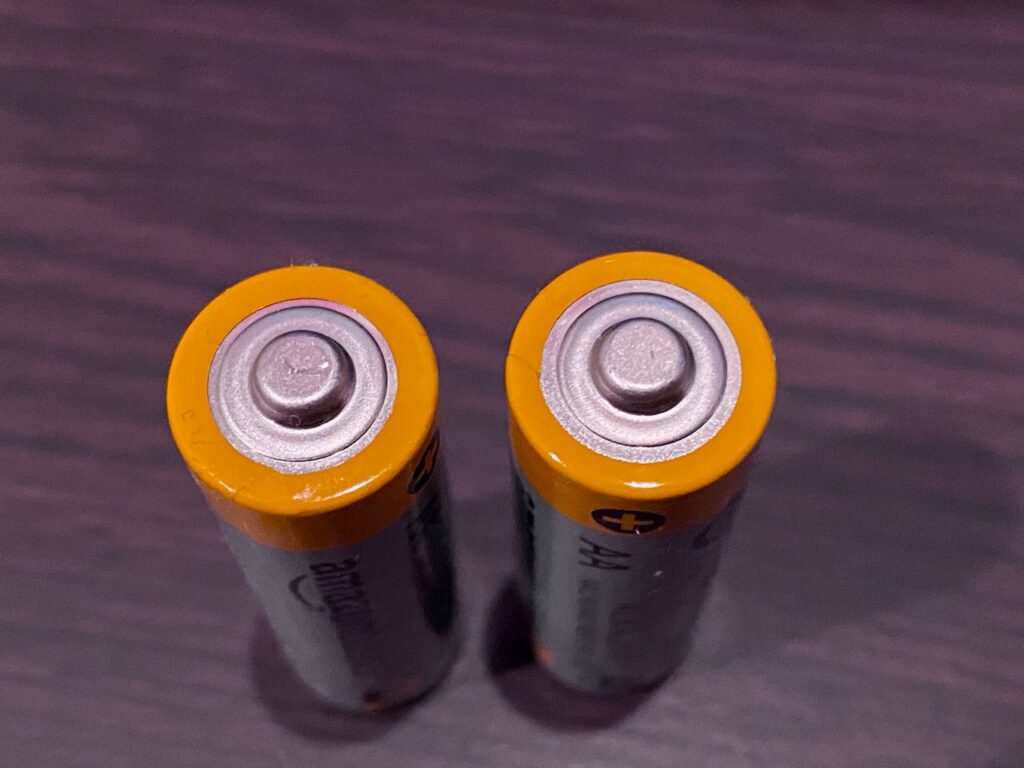A dry cell battery is a type of electrochemical cell that generates electrical energy through chemical reactions. Unlike wet cell batteries, which contain a liquid electrolyte, dry cell batteries use a paste or gel, making them more suitable for portable applications.
They are commonly found in everyday electronic devices such as remote controls, flashlights, and portable radios. One of the main advantages of dry cell batteries is their compact and leak-resistant design, making them a reliable power source for various applications.
How Do Dry Cell Batteries Work?
Dry cell batteries work by converting chemical energy into electrical energy through a reaction between their internal components. Each battery consists of a negative electrode (usually zinc) and a positive electrode (often made of manganese dioxide), separated by an electrolyte.
This electrolyte, often containing zinc chloride or ammonium chloride, facilitates the movement of ions, allowing the battery to generate a steady power output. The reaction between zinc and manganese dioxide creates an electrical charge, which flows through an external circuit to power electronic devices.
Some variations, such as carbon or graphite-based electrodes, enhance the battery’s efficiency and longevity.
Where Are Dry Cell Batteries Used?
Dry cell batteries are widely used across various industries due to their portability and reliable power outputs. They are commonly found in household electronics, medical devices, and backup power systems.
Businesses frequently use dry cell batteries in emergency lighting, security systems, and industrial equipment where a stable power source is essential. Some specific types of dry cell batteries, such as gel batteries, are designed for longer life cycles and can be used in more demanding applications like telecommunications and renewable energy storage. The common dry cell battery remains an indispensable component of modern technology.
How Do You Dispose of Dry Cell Batteries?
At National Recycling, we provide dry cell battery waste collections for businesses nationwide. This service caters to commercial operations disposing of bulk volumes, offering a safe, secure disposal route for battery waste. The components will be removed and recycled effectively, helping you to sustainably manage hazardous waste streams.
Proper disposal of dry cell batteries is essential to prevent environmental contamination. Many contain hazardous materials, such as lead acid batteries, which require specialised recycling processes. Unlike some types of batteries that can be discarded in regular waste, dry cell batteries should be collected and processed to recover valuable materials like zinc and manganese dioxide. Recycling helps reduce landfill waste, conserves resources, and ensures compliance with environmental regulations.



